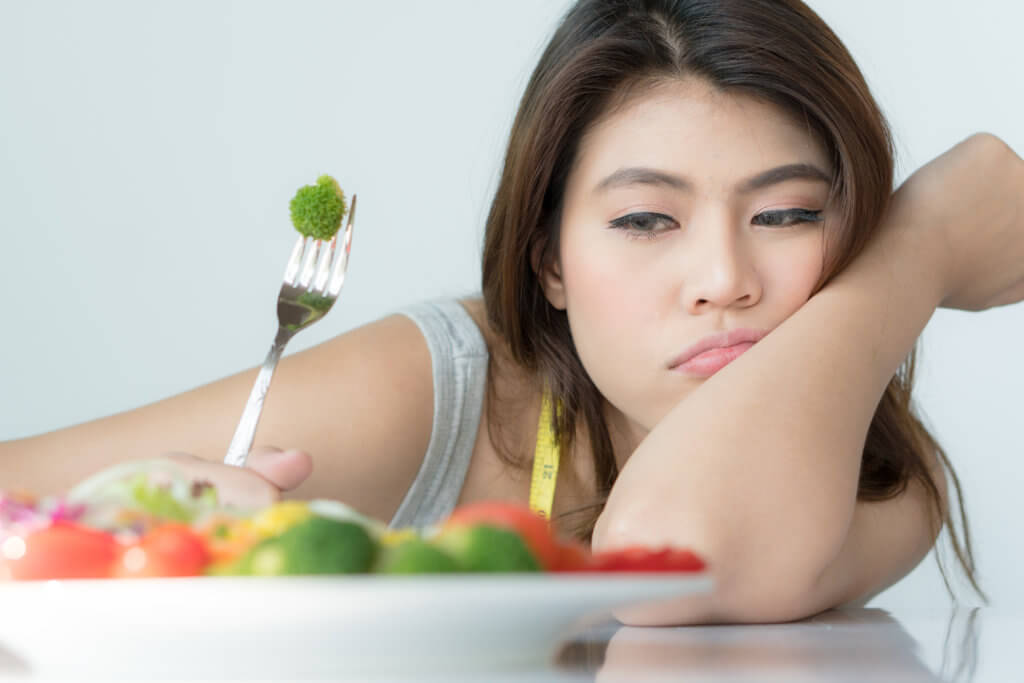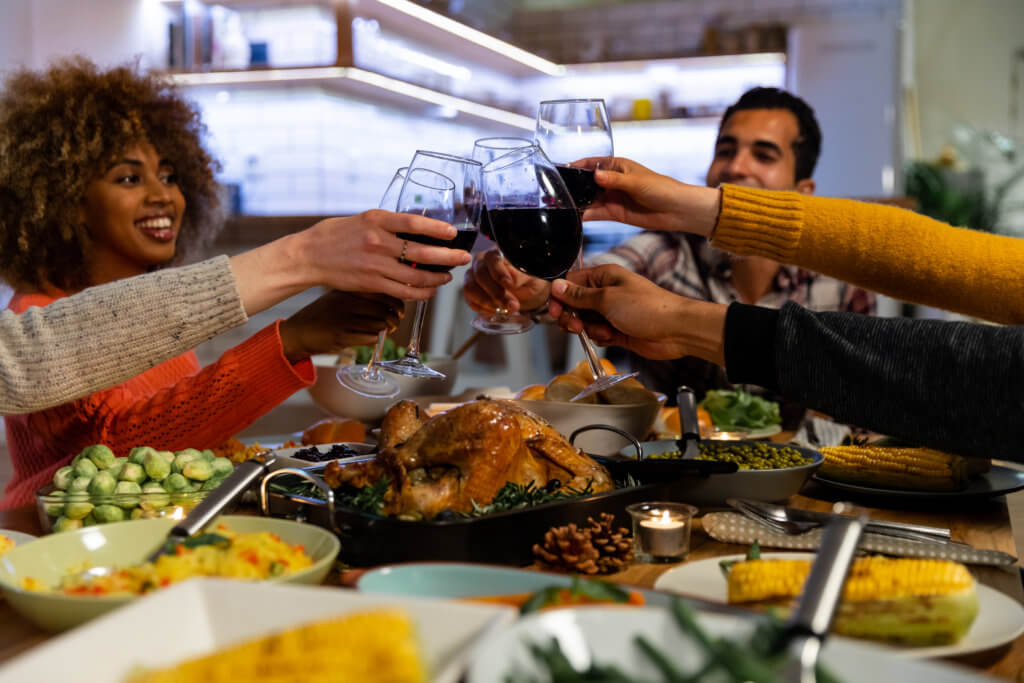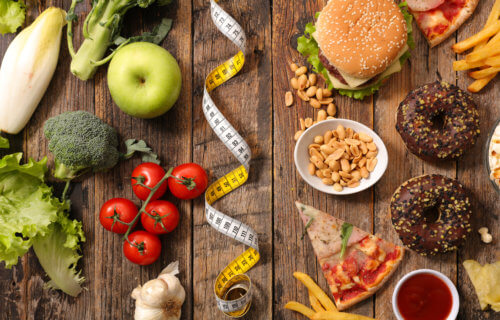People often view dietitians as the “food police.” This couldn’t be any further from the truth. You’d probably be surprised to know that a lot of dietitians don’t believe in setting extreme food rules or hyper-fixating on having unreasonable expectations for our patients and clients. The belief that food has to be categorized as “good” and “bad” is one of these expectations upheld by diet culture, and it has to end.
You probably define “good food” as fruits and vegetables, while “bad food” includes cakes and cookies laden with added sugar and fat. There is no denying that fruits and vegetables are far more nutritious than a chocolate chip cookie. Foods like the latter have a link to increased risks of several chronic diseases like diabetes and high blood pressure over time.
However, two things can be true at the same time, and there is no question that our society unnecessarily moralizes food. Broccoli and strawberries can be health-promoting foods without being called “good,” just as a piece of pumpkin pie isn’t a health-promoting food but doesn’t have to be called “bad.” There’s room for all of that. Here’s how these types of labels can be harmful to you without even realizing it:
1. It gives food too much power
Food is just food. By making our internal dialogue constantly define food as “good and bad,” we allow it to have too much control over our minds. This can and does often lead to a disordered eating pattern, where one becomes obsessed with dieting the “right way.”
It often gets to the point where it wreaks havoc on both mental and physical health. Not to mention, a pattern of restricting your every craving is also the quickest way to a binge-restrict cycle. Once you stop viewing food as a huge influence in your life and mindfully include your cravings into your regular diet, you take away the desire to always want it and possibly binge on it at some point.

2. It gives you the ‘all or nothing’ stress
“You’ve already been so bad this week, you went over your calories twice.” Does this self-talk sound familiar?
If you’re beating yourself up because you ate “bad” food, you are harming yourself more than the actual food. Stress has been linked to all of the diseases plaguing Americans the most, such as heart disease, cancer, and diabetes. By moralizing food in this way, you pressure yourself to have the “perfect” way of eating, which is something that will never happen and is simply impractical.

3. It makes you forget that food isn’t just for nutrients
Yes, food nourishes your body with protein, carbs, fats, vitamins, minerals, and antioxidants. However, food is also a source of joy, culture, and community. As the holidays approach, we are reminded that one of the best parts about Thanksgiving dinner is having your family gathered around and connecting through laughter and conversation over a comforting dinner. You probably don’t eat the healthiest meal of your life on that day, but what you do eat and who you eat it with probably nourished your soul.
Food is also an essential part of every culture. When you travel to another state or country, trying food local to the area is one of the best parts! It helps you connect to and understand your surroundings because food is often rooted in heritage and tradition, and it’s okay to experience that. By not recognizing this, we additionally continue to perpetuate stigmas that exist about ethnic foods. As a Western society, we have a skewed belief of what healthy and “good” food means. We usually think of green smoothies and grilled chicken. Then, foods from other cultures are viewed as “bad” or unhealthy, like Mexican and Indian. These views are unfortunately still very popular, despite foods like avocado toast, quinoa, and turmeric having made it to the top of wellness culture’s list while being native to Latin America and India, respectively.

Bottom Line
You can recognize that some foods provide significantly more nutrients and health benefits than others while not moralizing said foods and creating a vicious mental cycle for yourself. Obviously, certain conditions, disease states, and allergies/sensitives will make some foods off limits or need to be reduced.
But if you only find yourself with self-imposed restrictions because diet culture said so, it’s a lot more mentally healthy to be able to go on a spontaneous trip with your family to get ice cream without feeling terrible about it afterwards. Food moralization also prevents progress in how we negatively view cultural foods and puts you at greater risk of developing disordered eating patterns as well.
You might also be interested in:
- 3 Unhealthy Foods That Damage Your Gut Health
- Destination: dinner! Millions of travelers plan their vacations solely around food
- Best Food In The World: Top 5 Countries Experts Say Have The Greatest Cuisine


While this article has great value for personal health it forgets social health, an integral part of survival. There now are bad foods: animals. They infuse not only with nutrients but also ‘law of the jungle’ values, while our society is held together by social rules, and are many times less efficient than plant farming in land and water. In addition, we are exceeding natural regeneration. Biology shows we need to change our attitude to flora and fauna, discard the idea that we are ‘a seperate species’ as all genes are part of the tree of life. Interpreting ‘dominion of nature’ wrongly made a lot of sense millennia go when there were few people, but no longer as we are billions. For a summary see: https://news.berkeley.edu/2023/01/09/speciesism-like-racism-imperils-humanity-and-the-planet/ Rather than telling what to think, we need to include Earth repair costs in food. products.